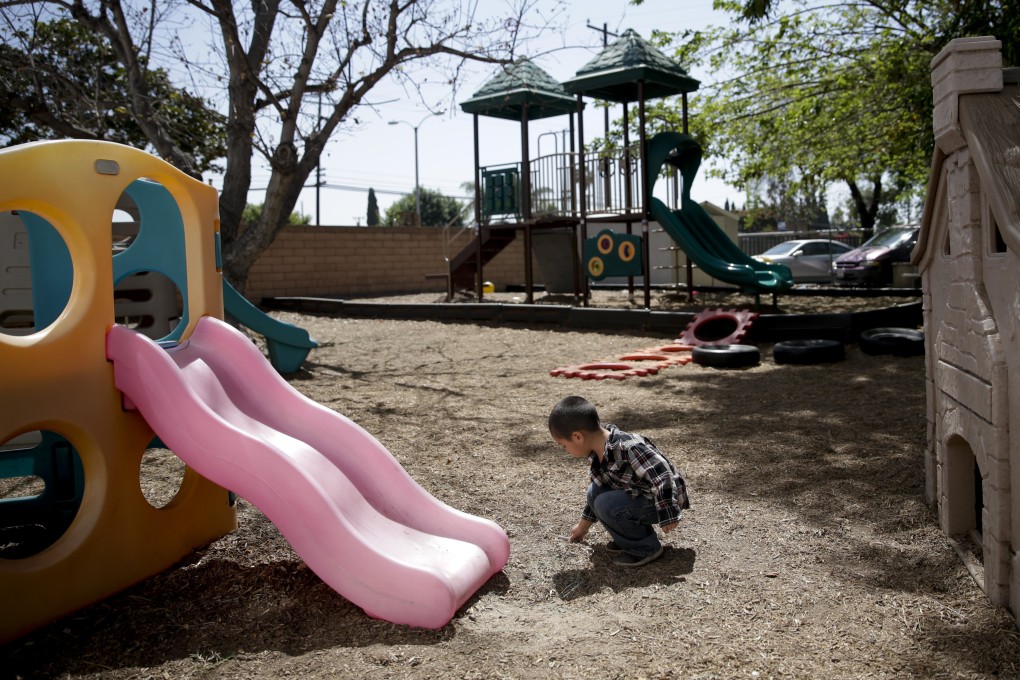Advertisement
Japan’s PM says population crisis is an ‘emergency’, so why is he holding back funding?
- PM Kishida will not introduce taxes or raise existing ones to address the nation’s population crisis, even as he prioritises support for families
- Cost of initiatives to boost birth rates has been estimated at US$21.7 billion a year, on top of higher defence spending, Covid recovery
Reading Time:3 minutes
Why you can trust SCMP
2

Japanese Prime Minister Fumio Kishida has made clear he will not introduce taxes or increase existing ones to address the nation’s population crisis.
Kishida announced his decision on Monday at the fourth meeting of the Children’s Future Strategy Council that aims to encourage young couples to have more children and, ultimately, reverse the contraction and dramatic ageing of Japan’s population.
In January, Kishida said that providing support for families to have children was his government’s “most important policy” and that the country was facing its “now or never” moment.
The council has outlined a number of ways to increase the nation’s birth rate and a comprehensive report detailing the entire strategy is due to be announced in June, with the cost of the initiatives estimated at 3 trillion yen (US$21.7 billion) a year.

On the question of financing the major portion of the spending package, Kishida has ruled out the possibility of sales tax hikes, leaving debt issuance as one of the leading options of funding, at least for now.
Advertisement